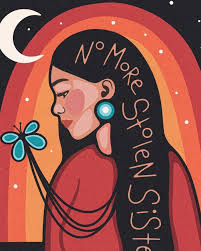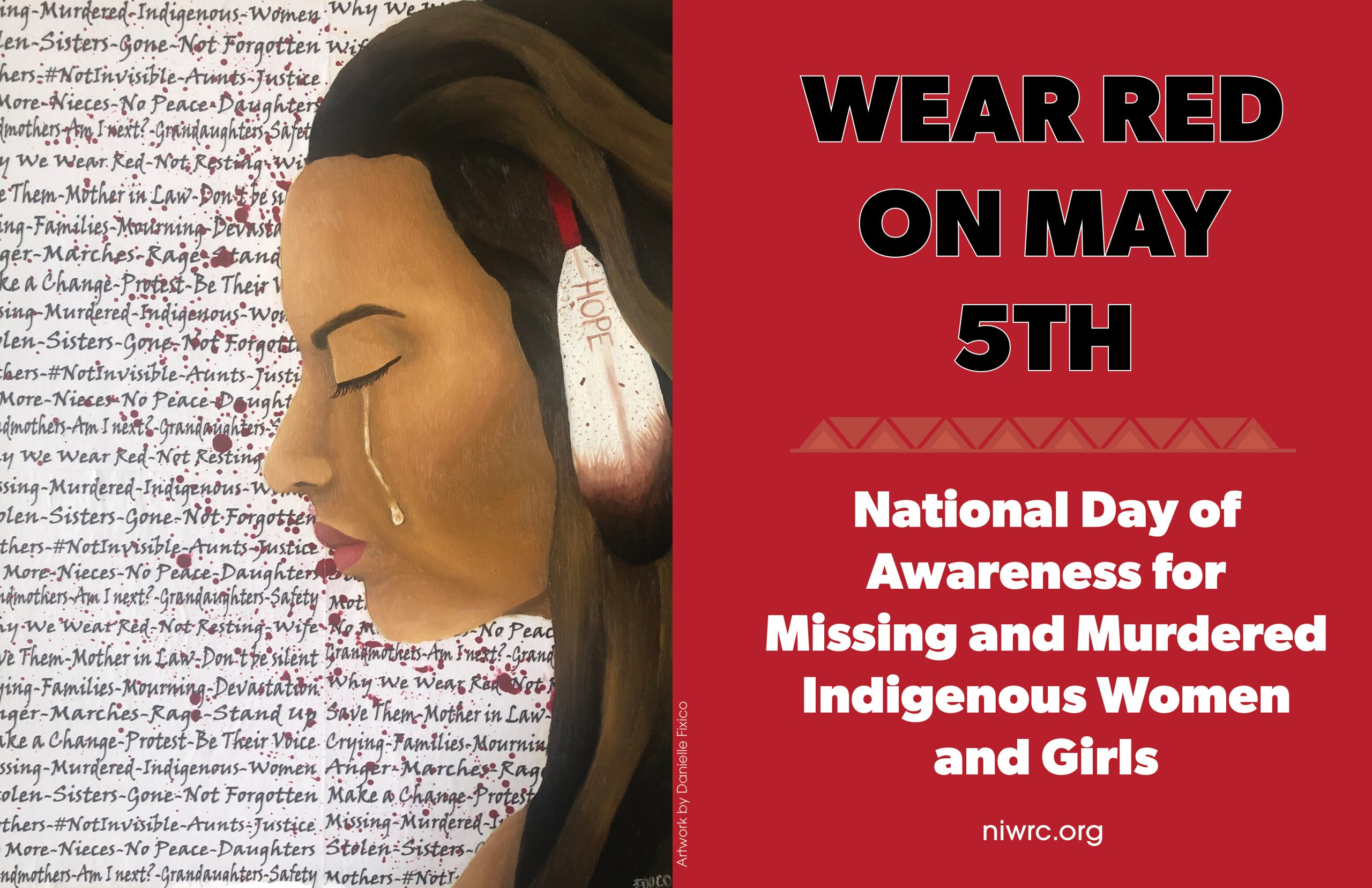Blog
William Kreutzmann Jr. (/ˈkrɔɪtsmɑːn/ KROYTS-mahn; born May 7, 1946) is an American drummer and founding member of the rock band Grateful Dead. He played with the band for its entire thirty-year career, usually alongside fellow drummer Mickey Hart, and has continued to perform with former members of the Grateful Dead in various lineups, and with his own bands BK3, 7 Walkers and Billy & the Kids. At the end of 1964 Kreutzmann co-founded the band the Warlocks, along with Dana Morgan, Jr. (who was soon replaced by Phil Lesh), Jerry Garcia, Bob Weir, and Ron “Pigpen” McKernan. Their first gig was May 5, 1965, two days before Kreutzmann’s nineteenth birthday. During the band’s early days, Kreutzmann sometimes used a fake draft card with the name “Bill Sommers” to be admitted to bars where the band was playing, since he was underage. In November 1965, the Warlocks became the Grateful Dead.
more...
Jimmy Lee Ruffin (May 7, 1936 – November 17, 2014) was an American soul singer, and the older brother of David Ruffin, the lead singer of the Temptations. He had several hit records between the 1960s and 1980s, the most successful being the Top 10 hits “What Becomes of the Brokenhearted” and “Hold On (To My Love)“.
more...Nexhmije Pagarusha (Albanian pronunciation: [neˈd͡ʒmijɛ pagaˈɾuʃa]; 7 May 1933 – 7 February 2020) was a Kosovo-Albanian singer and actress, often referred to as the Queen of Albanian music. Pagarusha gained acclaim as a recording artist in Kosova and neighbouring countries for her distinct soprano vocal range, which she displayed performing various Kosovan folk songs during her career, which spanned 36 years, from 1948, in her debut in Radio Prishtina, to 1984, in her final concert in Sarajevo. Her music style was not limited just to Albanian music, as she performed rock, pop, funk, opera/classical, and many more.
more...Pyotr Ilyich Tchaikovsky 7 May 1840 – 6 November 1893) was a Russian composer during the Romantic period. He was the first Russian composer whose music made a lasting impression internationally. Tchaikovsky wrote some of the most popular concert and theatrical music in the classical repertoire, including the ballets Swan Lake and The Nutcracker, the 1812 Overture, his First Piano Concerto, Violin Concerto, the Romeo and Juliet Overture-Fantasy, several symphonies, and the opera Eugene Onegin.
Although musically precocious, Tchaikovsky was educated for a career as a civil servant as there was little opportunity for a musical career in Russia at the time and no public music education system. When an opportunity for such an education arose, he entered the nascent Saint Petersburg Conservatory, from which he graduated in 1865. The formal Western-oriented teaching Tchaikovsky received there set him apart from composers of the contemporary nationalist movement embodied by the Russian composers of The Five, with whom his professional relationship was mixed.
Tchaikovsky’s training set him on a path to reconcile what he had learned with the native musical practices to which he had been exposed from childhood. From that reconciliation, he forged a personal but unmistakably Russian style. The principles that governed melody, harmony, and other fundamentals of Russian music diverged from those that governed Western European music, which seemed to defeat the potential for using Russian music in large-scale Western composition or for forming a composite style, and it caused personal antipathies that dented Tchaikovsky’s self-confidence. Russian culture exhibited a split personality, with its native and adopted elements having drifted apart increasingly since the time of Peter the Great. That resulted in uncertainty among the intelligentsia about the country’s national identity, an ambiguity mirrored in Tchaikovsky’s career.
Despite his many popular successes, Tchaikovsky’s life was punctuated by personal crises and depression. Contributory factors included his early separation from his mother for boarding school followed by her early death, the death of his close friend and colleague Nikolai Rubinstein, his failed marriage to Antonina Miliukova, and the collapse of his 13-year association with the wealthy patroness Nadezhda von Meck. Tchaikovsky’s homosexuality, which he kept private,[4] has traditionally also been considered a major factor, though some scholars have downplayed its importance.[5][6] His dedication of his Sixth symphony to his nephew Vladimir Davydov and the feelings he expressed about Davydov in letters to others have been cited as evidence for romantic love between the two.[7][8][9] Tchaikovsky’s sudden death at the age of 53 is generally ascribed to cholera, but there is an ongoing debate as to whether cholera was indeed the cause and whether the death was intentional.
While his music has remained popular among audiences, critical opinions were initially mixed. Some Russians did not feel it sufficiently represented native musical values and expressed suspicion that Europeans accepted the music for its Western elements. In an apparent reinforcement of that claim, some Europeans lauded Tchaikovsky for offering music more substantive than exoticism, and said he transcended the stereotypes of Russian classical music. Others dismissed Tchaikovsky’s music as deficient because it did not stringently follow Western principles.
more...Johannes Brahms (7 May 1833 – 3 April 1897) was a German composer, virtuoso pianist, and conductor of the mid-Romantic period. His music is noted for its rhythmic vitality and freer treatment of dissonance, often set within studied yet expressive contrapuntal textures. He adapted the traditional structures and techniques of a wide historical range of earlier composers. His œuvreincludes four symphonies, four concertos, a Requiem, much chamber music, and hundreds of folk-song arrangements and Lieder, among other works for symphony orchestra, piano, organ, and choir.
Born to a musical family in Hamburg, Brahms began composing and concertizing locally in his youth. He toured Central Europe as a pianist in his adulthood, premiering many of his own works and meeting Franz Liszt in Weimar. Brahms worked with Ede Reményiand Joseph Joachim, seeking Robert Schumann‘s approval through the latter. He gained both Robert and Clara Schumann‘s strong support and guidance. Brahms stayed with Clara in Düsseldorf, becoming devoted to her amid Robert’s insanity and institutionalization. The two remained close, lifelong friends after Robert’s death. Brahms never married, perhaps in an effort to focus on his work as a musician and scholar. He was a self-conscious, sometimes severely self-critical composer.
Though innovative, his music was considered relatively conservative within the polarized context of the War of the Romantics, an affair in which Brahms regretted his public involvement. His compositions were largely successful, attracting a growing circle of supporters, friends, and musicians. Eduard Hanslick celebrated them polemically as absolute music, and Hans von Bülow even cast Brahms as the successor of Johann Sebastian Bach and Ludwig van Beethoven, an idea Richard Wagner mocked. Settling in Vienna, Brahms conducted the Singakademie and Gesellschaft der Musikfreunde, programming the early and often “serious” music of his personal studies. He considered retiring from composition late in life but continued to write chamber music, especially for Richard Mühlfeld.
Brahms saw his music become internationally important in his own lifetime. His contributions and craftsmanship were admired by his contemporaries like Antonín Dvořák, whose music he enthusiastically supported, and a variety of later composers. Max Reger and Alexander Zemlinsky reconciled Brahms’s and Wagner’s often contrasted styles. So did Arnold Schoenberg, who emphasized Brahms’s “progressive” side. He and Anton Webern were inspired by the intricate structural coherence of Brahms’s music, including what Schoenberg termed its developing variation. It remains a staple of the concert repertoire, continuing to influence composers into the 21st century.
more...mick performing for Mayday Ceremony 2025 at Powderhorn Park.
Este conguero interpretando el Martillo para Hugo Blancos Moliendo Café. Olé.
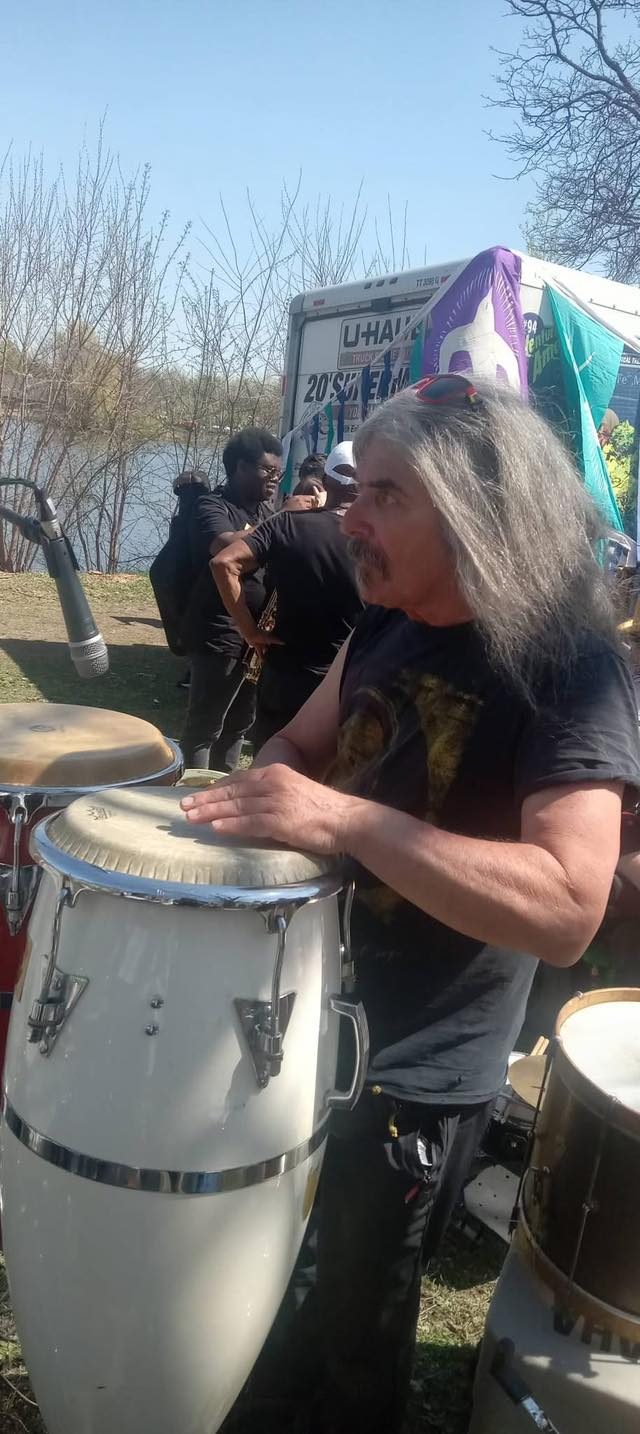
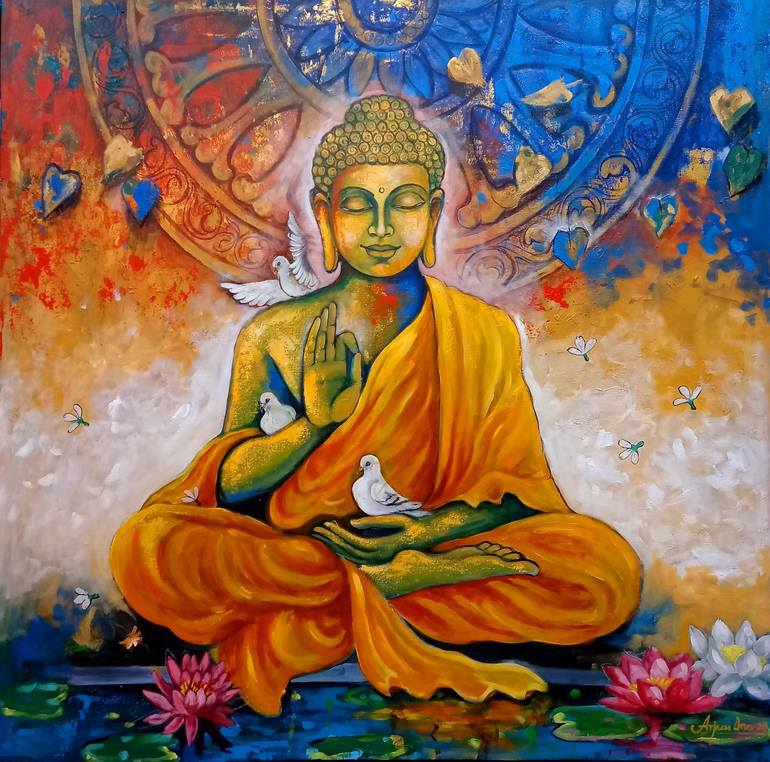
I want to be the force which is truly for good. God breathes through us so completely… so gently we hardly feel it… yet, it is our everything. My music is the spiritual expression of what I am – my faith, my knowledge, my being….. John Coltrane.

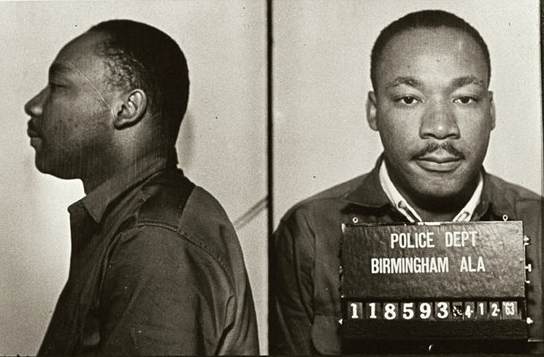
Eddie C. Campbell (May 6, 1939 – November 20, 2018) was an American bluesguitarist and singer in the Chicago blues scene.
Campbell was born in Duncan, Mississippi. He moved to Chicago at the age of ten, and by age 12 was learning from the blues musicians Muddy Waters, Magic Sam, and Otis Rush.
In his early years as a professional musician, he played as a sideman with Howlin’ Wolf, Little Walter, Little Johnny Taylor, and Jimmy Reed. In 1976, Willie Dixon hired him to play in the Chicago Blues All-Stars. Campbell’s debut album, King of the Jungle, featuring Carey Bell on harmonica and Lafayette Leake on piano, was released the next year.
more...María Dolores González Flores (born 6 May 1958), better known as Lolita Flores, is a Spanish actress and singer.
Lolita Flores is the daughter of Lola Flores and Antonio González, sister of Antonio Flores and Rosario Flores. She was married to Guillermo Furiase and they had two children Elena and Guillermo. She is of Gypsy descent on her father’s side and identifies as Gypsy.
more...In space, not everything is what it seems. This Picture of the Week shows the nebula Sh2-46, also named Gum 80, situated roughly 6000 light-years away. The strong red hues of Sh2-46 might be beautiful, but they hide an impostor.
The big blue-white star at the centre of the image is HD 165319, an O type star, one of the brightest, but rarest types of stars in the Universe. The star is largely responsible for the striking red tones around it, caused by the ionisation of the hydrogen atoms that make up the nebula. This star, however, should not be here.
Astronomers think that this star was born somewhere else: in the nearby Eagle Nebula. Located in the tail section of the Serpens constellation (the snake), the Eagle Nebula is full of star-forming regions. Once born, these stars become bound by gravity, creating a giant open cluster. Sometimes, though, a few of them become disentangled, embarking on a solitary mission through space that can lead them to infiltrate other unrelated nebulae. A bow shock next to HD 165319 seems to indicate that the star is currently plunging through Sh2-46. Perhaps this nebula will end up looking differently if the star ends up leaving it behind…
This highly detailed picture of Sh2-46 was taken by the VLT Survey Telescope (VST), which explores the sky in visible light. Currently owned by INAF, the Italian National Institute for Astrophysics, the VST is located at ESO’s Paranal Observatory, in Chile. This image is being released on the occasion of the 100 years of the Planetarium, with a full-dome version being shown at the ESO Supernova Planetarium & Visitor Centre.
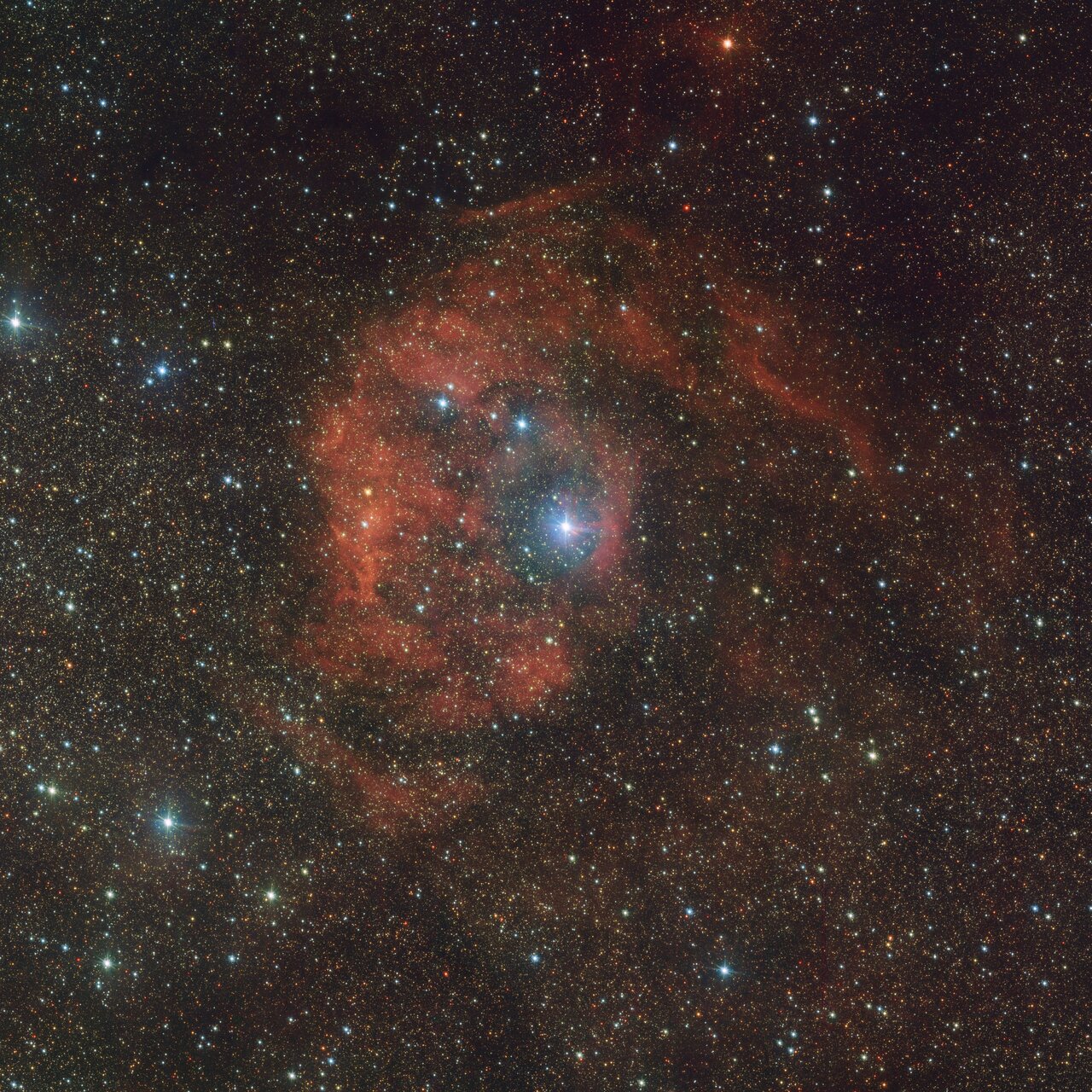
Hasaan Ibn Ali (born William Henry Langford, Jr.; May 6, 1931 – 1980) was an American jazz pianist and composer.
Ibn Ali was strongly influenced by Elmo Hope, and his playing was rapid and intense, retaining a sense of rhythm even when his style became increasingly unconventional. Only one recording of his playing – The Max Roach Trio Featuring the Legendary Hasaan – was released in his lifetime. Ibn Ali built a reputation in Philadelphia, where he influenced musicians including John Coltrane, but he remained little known elsewhere.
“Reckless with his health, Hasaan died young”, commented writer Geoffrey Haydon in 2002. The New Grove Dictionary of Jazzstates that Ibn Ali died in Philadelphia in 1980 (aged 48 or 49). Ibn Ali’s parents had been killed in a fire that destroyed their home at 2406 North Gratz Street on October 24 that year. He went to a recreation centre for homeless people after the fire.
more...Denys Justin Wright (6 May 1924 – 8 February 1992), known professionally as Denny Wright, was a British jazz guitarist.
A session musician for many years, Wright frequently acted as arranger and “fixer” for recording sessions. He was a prolific jazz and orchestra composer. He led many bands, from small ensembles to night club bands to orchestras. He worked with Latin American and Jamaican bands, including Kenny Graham‘s Afro-Cubists and Mike McKenzie‘s Quartet. He played with the Carl Barriteau orchestra, the Decca Records house band under Phil Green, and occasionally the Glenn Miller band. Wright was voted the 1980 BBC Jazz Society Musician of the Year.
During his career he worked with Stéphane Grappelli, Lonnie Donegan, Johnny Duncan, Digby Fairweather, Ella Fitzgerald, Ken Snakehips Johnson, Billy Eckstine, Fapy Lafertin, Russ Conway, Biréli Lagrène, Humphrey Lyttelton, Nigel Kennedy, and George Shearing.
Although best known as a guitarist, his favourite instrument was piano, the only musical instrument he would play at home. Travellin’ Blues by Johnny Duncan and the Bluegrass Boys features Wright’s piano-playing.
more...David Friesen (born May 6, 1942) is an American jazz bassist. He plays double bassand electric upright bass.
Friesen began playing bass while serving in the United States Army in Germany. He played with John Handy and Marian McPartland and following this, with Joe Henderson; in 1975, he toured in Europe with Billy Harper. His first album as a session leader appeared that year. In 1976, he began collaborating with guitarist John Stowell; the pair would work together often. He appeared with Ted Curson at the Monterey Jazz Festivalin 1977. Following this, he worked with Ricky Ford, Duke Jordan, Mal Waldron, and Paul Horn. His 1989 album Other Times, Other Places reached No. 11 on the U.S. Billboard Top Jazz Albums chart. He has also played with Chick Corea, Michael Brecker, Stan Getz, Dexter Gordon, Kenny Garrett, and Dizzy Gillespie.
more...More Posts
- Daily Roots with Johnny Nash
- The Cosmos with NGC 1931
- James Jamerson
- Ed Shaughnessy
- Eddie Taylor
- World Music with Minor Empire
- Daily Roots with Bob Marley
- MAROONS aka Mojo Roots at St Paul Winter Carnival 1-25-18
- BEAU KOO JACKS Perform Sunday 1-28-18 @ Amsterdam Bar for Walker West Music School
- The Cosmos with Roberts Quartet NGC 87, NGC 88, NGC 89 and NGC 92
- Bill Ware Day
- Ronnie Scott Day
- John Williams Day
- Big Eye Louis Nelson Day
- World Fusion with Celtic/Folk Welsh group Bob Delyn a’r Ebillion
- Daily Roots with the Stingers 1-28-18
- “Consciousness Altering Cultures in Harmony” SONG OF WONDER Concert SYNOPSIS
- Song of Wonder
- Comparison of DW and Sonor Drums
- Rhythm Roots Workshop
